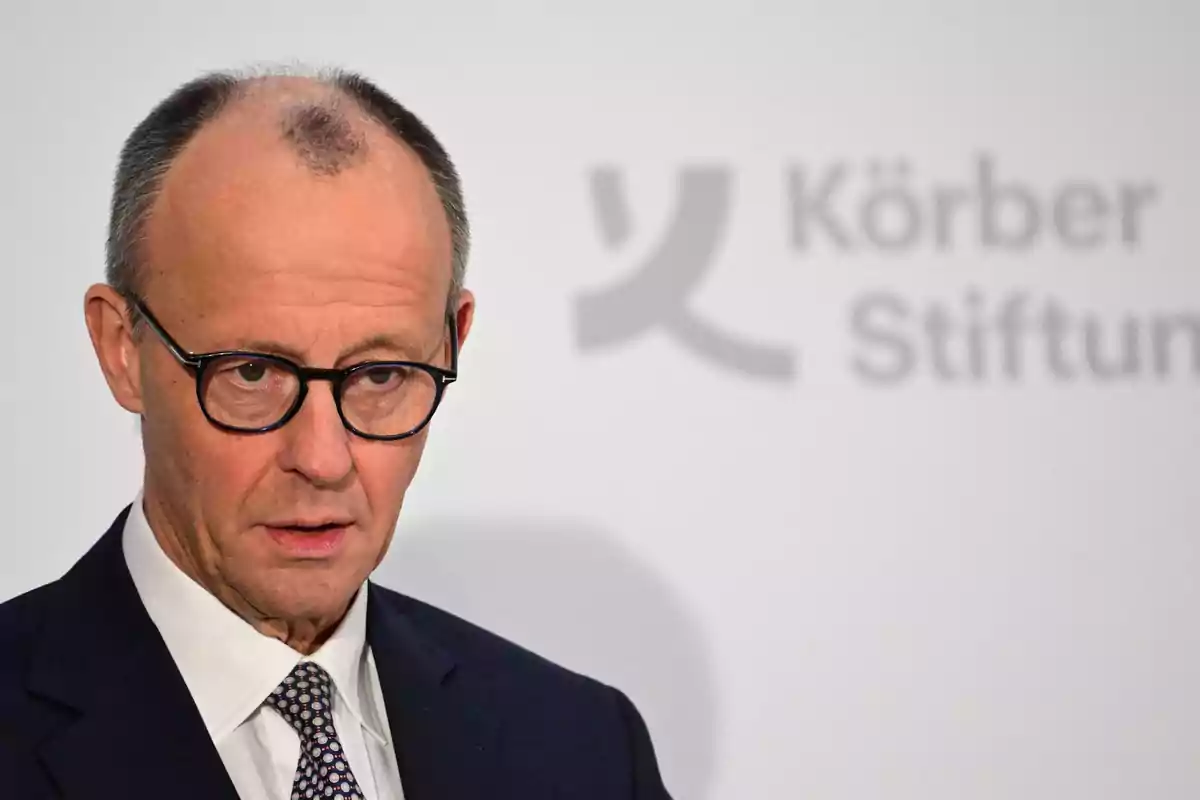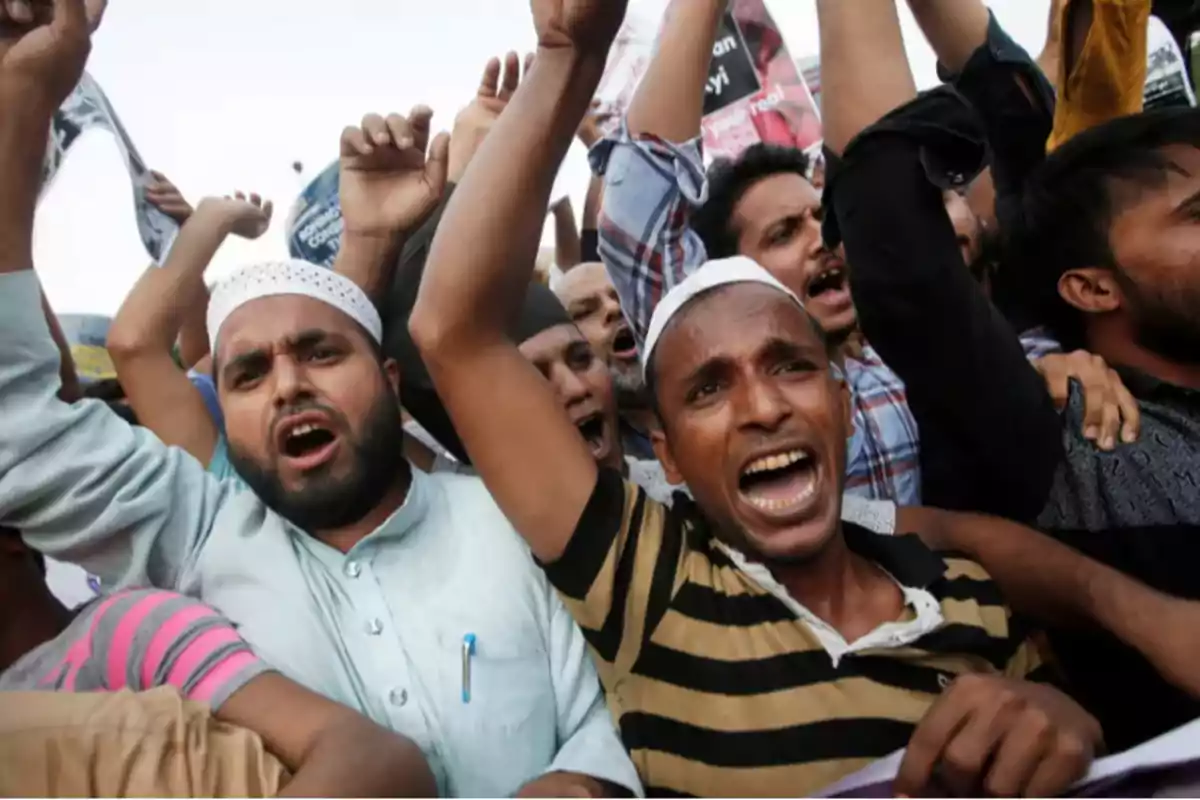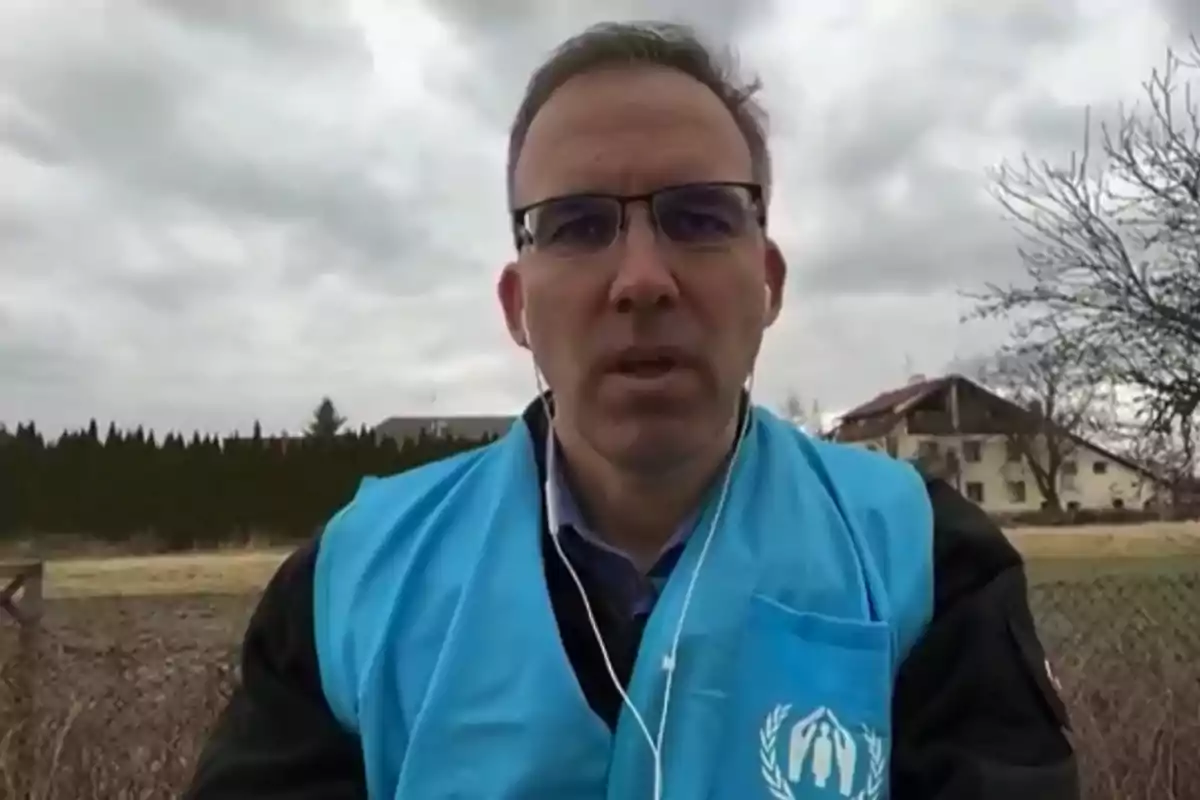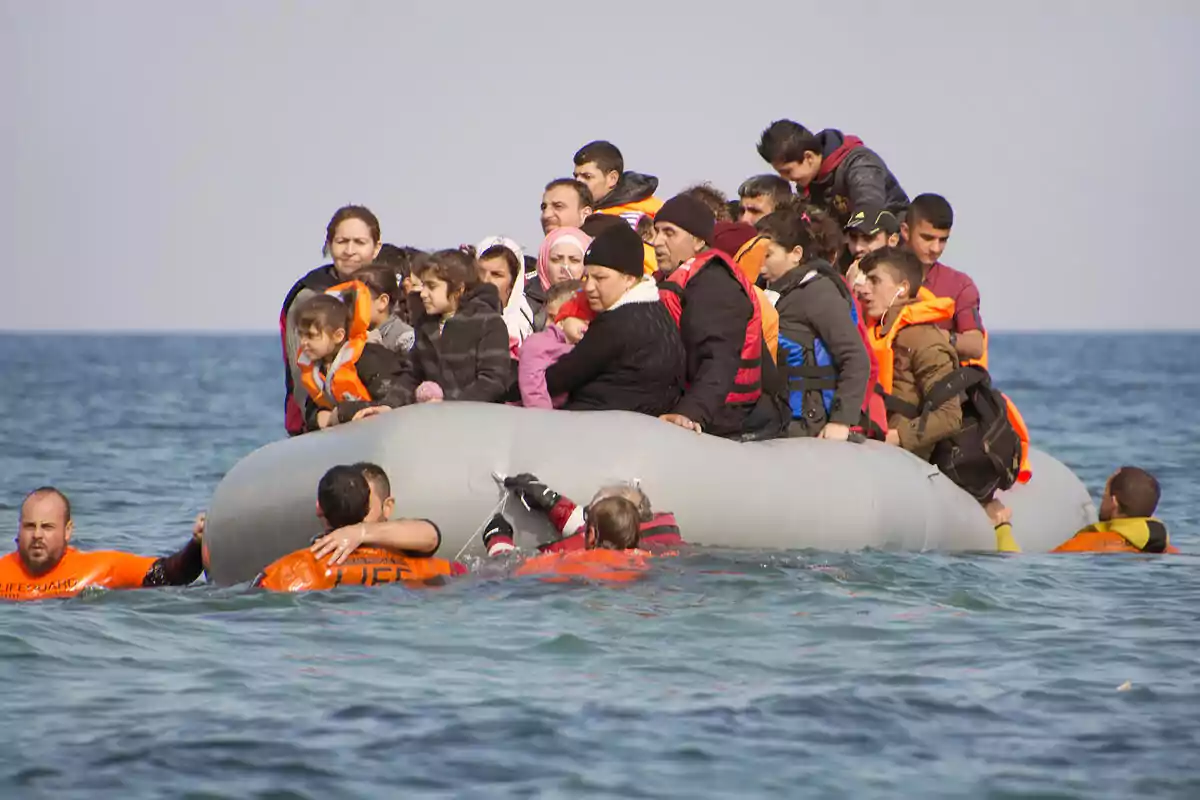
Germany took a sensible measure and suspended the UN refugee program.
The German government decided to temporarily suspend the refugee program amid a concerning increase in terrorism and insecurity cases
Germanyhas ordered a temporary suspension of the UN refugee resettlement program in which it has participated for years, according to the Federal Office for Migration and Refugees (BAMF) on Tuesday.
This program is intended for refugees who need special protection, such as children, torture victims, or those who require urgent medical treatment and can't stay in the first country of arrival.
However the program is being exploited by terrorists from Islamic countries, whose migration flows are enormous. These "refugees" have entered without immigration controls in recent years to Europe, causing high rates of insecurity and negatively affecting European economies.

The suspension occurred amid coalition negotiations between the CDU bloc (Christian Democratic Union) and the Social Democrats (SPD), who are discussing the approach the new government will take regarding immigration.
The spokesperson for the UN Refugee Agency (UNHCR) in Germany, Chris Melzer, indicated that the program's interruption occurred during coalition negotiations, but expressed the possibility of it resuming once a new Interior Minister is appointed.
In fact, the Interior Ministry confirmed that applications for this program were halted in mid-March, and only cases that were already in advanced stages of evaluation are being processed.
Germany has been participating in this program since 2012, hosting dangerous refugees from other countries of arrival and granting them a residence permit for three years.

With an average of 5,000 beneficiaries per year, Germany ranked as the third country that hosted the most people through this program, only after the United States and Canada.
More than half of the refugees received have been from Syria, although asylum seekers have also arrived from Iraq, Yemen, Sudan, South Sudan, the Democratic Republic of the Congo, Somalia, and Eritrea.
As part of its commitment to the European Commission, Germany had promised to admit 6,550 refugees under this program in 2024 and 2025, for which it would receive EU funding.
However, the current political situation in Germany, marked by the coalition being formed between the CDU/CSU parties and the SPD, is changing migration policies.

Friedrich Merz, future CDU chancellor, made immigration one of the main topics of his campaign for the federal elections in February. Merz, who has linked immigration with the increase in crime, proposed stricter migration rules.
The new coalition, also plans to close most similar voluntary resettlement schemes, including those aimed at people fleeing the Taliban regime in Afghanistan.
Instead, new programs are expected to be launched focused on the needs of Germany's labor market, which would reflect a shift toward more restrictive migration policies.
Regarding Germany's situation, despite the temporary suspension, the Interior Ministry assured that refugee cases that were already in "advanced stages" of processing will continue, meaning that people with concrete resettlement commitments will be admitted.
Since 2024, 4,711 people have arrived in Germany through the program, out of a total of 13,000 refugees that the country committed to receiving in 2024 and 2025.

More posts: